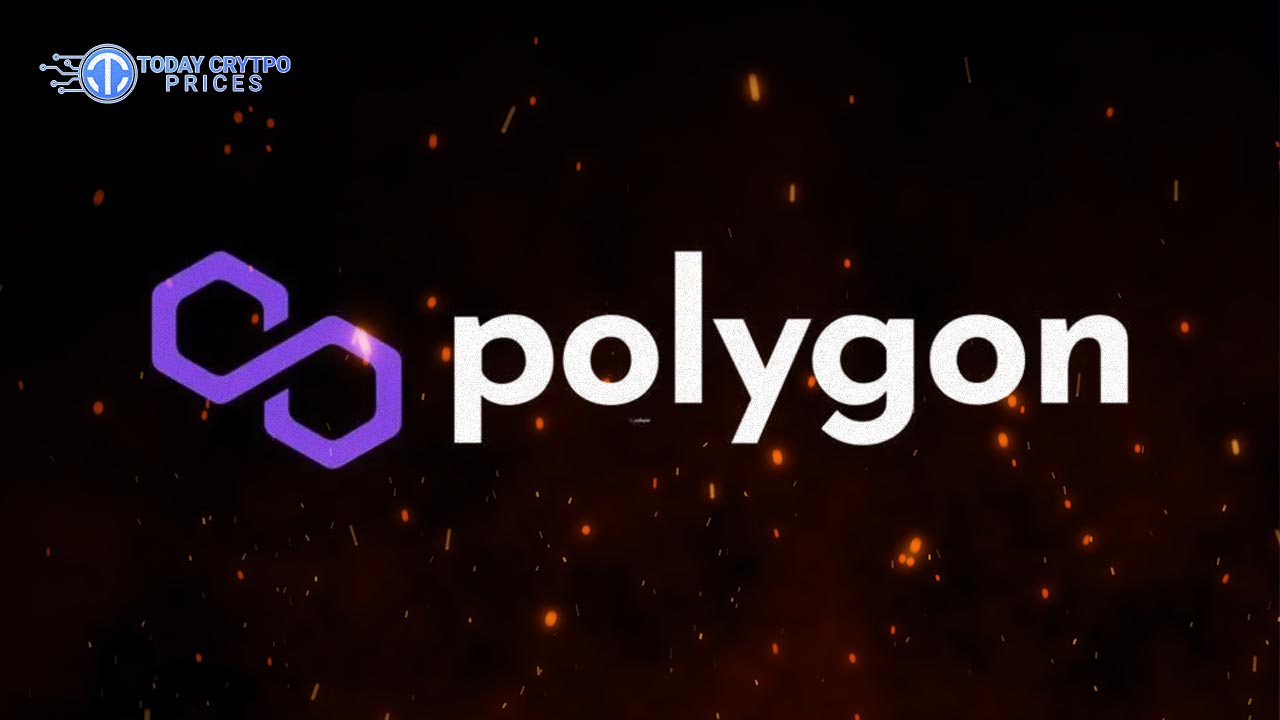What Is Polygon? How Does It Work?
Polygon, formerly known as Matic Network, has become a major player in the blockchain ecosystem. But what is Polygon, and how does it work? In this article, we’ll explore Polygon’s role in scaling Ethereum, making it faster and more efficient. We’ll also dive into its unique features, benefits, and how it’s transforming the world of decentralized applications (dApps).
What Is Polygon?
Polygon is a Layer 2 scaling solution for Ethereum, designed to improve the network’s performance by increasing its transaction speed and reducing fees. By offering a framework for building and connecting Ethereum-compatible blockchain networks, Polygon aims to address Ethereum’s scalability issues.
Ethereum, as you may know, is a popular blockchain platform that enables developers to create decentralized applications (dApps). However, as the network has grown, it has faced challenges such as high gas fees and slow transaction times. This is where Polygon steps in to provide a more efficient and scalable solution.

How Does Polygon Work?
At its core, Polygon uses a technology called Plasma Chains, which allows it to process transactions off-chain before finalizing them on the Ethereum main chain. This reduces the load on Ethereum, enabling faster and cheaper transactions.
Polygon Architecture
Polygon’s architecture consists of several layers:
- Ethereum Layer: The foundation, ensuring security and staking through Ethereum smart contracts.
- Security Layer: Optional, offering additional security as a service.
- Polygon Networks Layer: Responsible for consensus and block production.
- Execution Layer: Interprets and executes transactions.
This multi-layered approach allows Polygon to offer a flexible and customizable solution for developers, making it an attractive option for various use cases.
The Benefits of Using Polygon
Polygon offers numerous benefits to both developers and users:
- Scalability: By processing transactions off-chain, Polygon significantly increases the number of transactions that can be handled, making dApps more scalable.
- Low Fees: One of the most significant advantages of Polygon is its ability to reduce transaction fees, making it more affordable for users to interact with dApps.
- Interoperability: Polygon is designed to be compatible with Ethereum and other blockchain networks, enabling seamless communication and data sharing across platforms.
- Security: By leveraging Ethereum’s robust security, Polygon ensures that transactions are safe and secure.
Polygon’s Ecosystem
Polygon has built a vibrant ecosystem that includes a wide range of dApps, decentralized finance (DeFi) platforms, and more. Some of the most popular projects in the Polygon ecosystem include Aave, SushiSwap, and OpenSea. These projects have chosen to build on Polygon due to its scalability and low fees, which are crucial for their operations.
How to Get Started with Polygon
If you’re interested in exploring Polygon, here’s how you can get started:
- Create a Wallet: First, you’ll need a wallet that supports Polygon, such as MetaMask or Trust Wallet.
- Bridge Assets: Use the Polygon Bridge to transfer assets from Ethereum to Polygon.
- Explore dApps: Once your assets are on Polygon, you can start exploring the various dApps available on the network.
The Future of Polygon
Polygon is continuously evolving, with plans to expand its capabilities and introduce new features. The team behind Polygon is working on integrating Zero-Knowledge (ZK) Rollups, a technology that further enhances scalability and privacy. This could make Polygon an even more powerful tool for developers and users alike.
Why Polygon Matters
Polygon is more than just a scaling solution; it’s a critical piece of the puzzle in the broader blockchain ecosystem. By addressing the limitations of Ethereum, Polygon is helping to pave the way for the widespread adoption of decentralized technologies.
Conclusion
In conclusion, Polygon is a game-changer in the blockchain world. It offers a solution to Ethereum’s scalability issues, making it faster, cheaper, and more accessible. Whether you’re a developer looking to build on Polygon or a user exploring dApps, Polygon provides a robust and flexible platform for your needs.
